- TECHSWU
- Posts
- TECHSWU #46
TECHSWU #46
Welcome to TECHSWU, your go-to destination for all things tech that matter in your daily life!



OpenAI, the San Francisco-based company known for its generative artificial intelligence (AI) project ChatGPT, is restarting its robotics research group. The company had previously shut down its robotics group in July 2021 but has decided to return to the field after the success of ChatGPT.
OpenAI is currently hiring for a research robotics engineer position and is looking for someone with a strong research background and experience in shipping AI applications. The company has also invested in humanoid developer Figure AI's Series B fundraising this year.
OpenAI's reentry into robotics research underscores the growing interest in integrating AI and robotics to unlock new capabilities in the field.

Scientists at Cambridge University have developed a wearable device called the "Third Thumb" that enhances range of motion and gripping ability. The robotic accessory is powered by AI and robotics and aims to improve the functionality of human hands.
The Third Thumb is strapped to the hand opposite the biological thumb and is operated by pressure sensors beneath the big toes. It was tested on participants ranging in age from three to 96 years old, and within a minute of learning how to use it, 98% of participants were able to effectively use the Third Thumb.
The researchers observed that older individuals, children, and teenagers initially struggled with the device, but both genders performed similarly. The findings from the study will help improve the accessibility and user-friendliness of the Third Thumb, making it useful for a broader range of people.
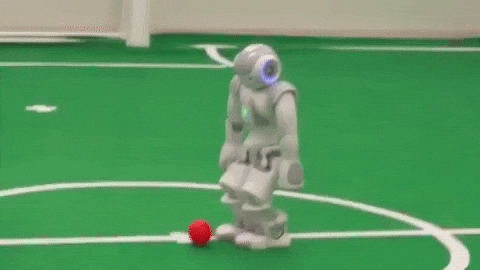

Robots showcased their soccer skills at the AI for Good Global Summit in Geneva, demonstrating the wide-ranging uses of artificial intelligence (AI). The event aimed to highlight how AI can improve and transform various aspects of everyday life, such as flood forecasting, disaster management, agriculture, and healthcare.
In addition to the soccer-playing robots, other displays included prosthetic limbs that learn from user behavior, devices to help visually impaired individuals navigate obstacles, and bionic cats and dogs designed to act as companions. The soccer-playing robots were developed by students at the University of ETH Zurich and used sensors to kick, pass, and track the ball.
The project allowed the students to gain experience with real-world applications for AI algorithms.
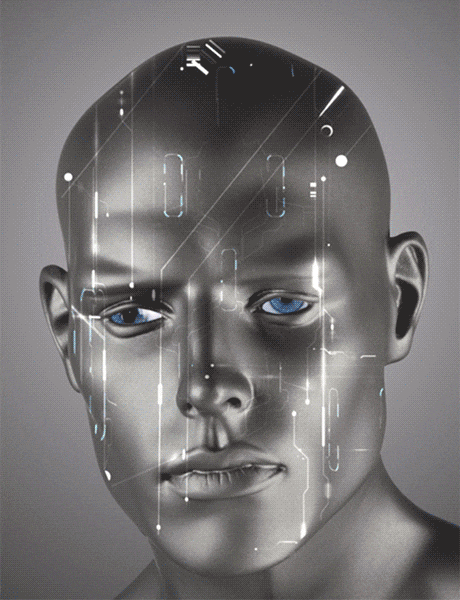
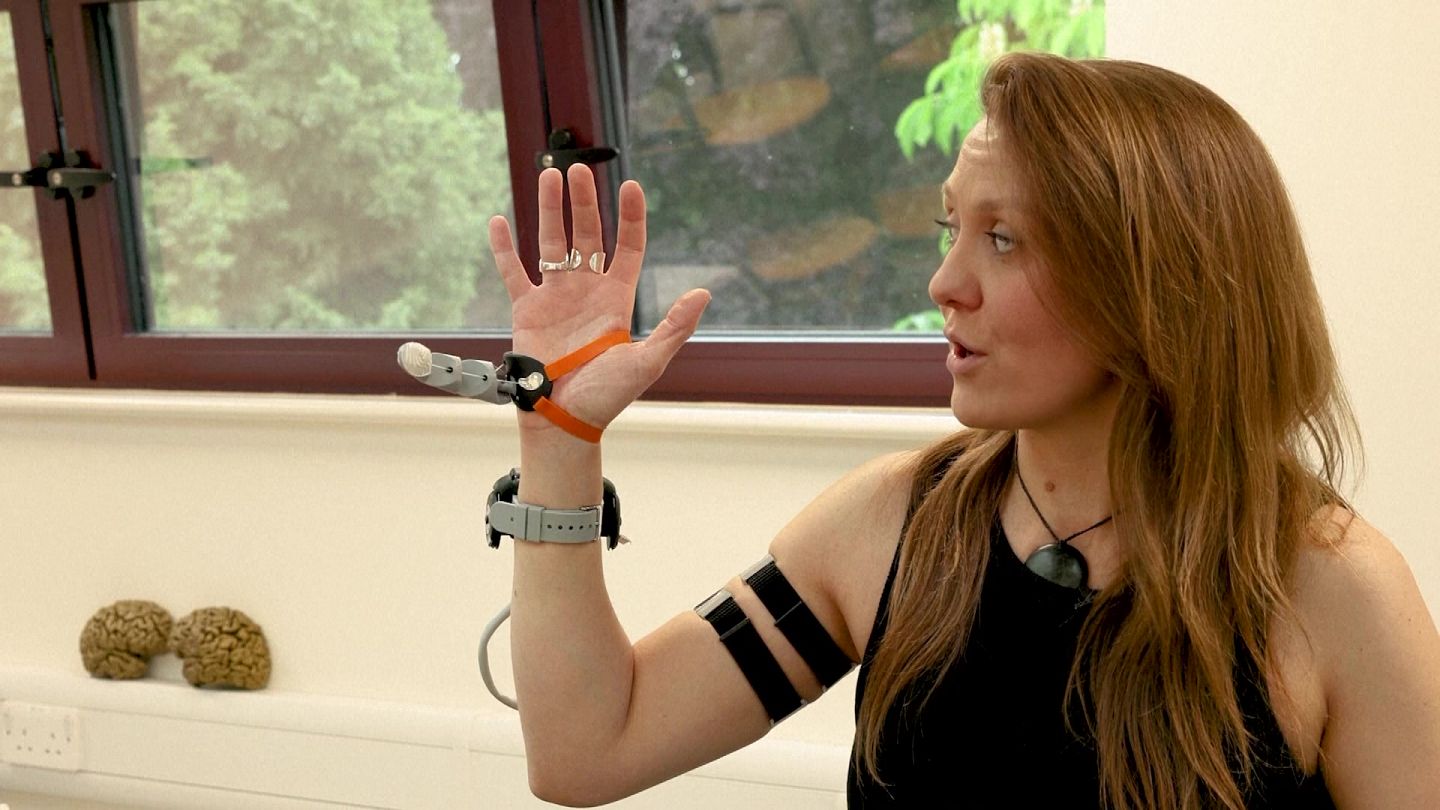
Researchers at Cambridge University have developed a controllable robotic thumb that can enhance productivity. The thumb can expand the capacity of the human hand, allowing users to perform tasks such as carrying multiple beverage glasses and shuffling playing cards.
It can also be used in work settings that require manual dexterity, such as soldering or surgery. The third thumb was tested by nearly 600 members of the public at the Royal Society Summer Science Exhibition in 2022, with just four people unable to use it.
The thumb is controlled by pressure sensors placed under the big toes, allowing users to control its movement. The researchers believe the thumb could be used in professional environments and could even offer support to people with disabilities.

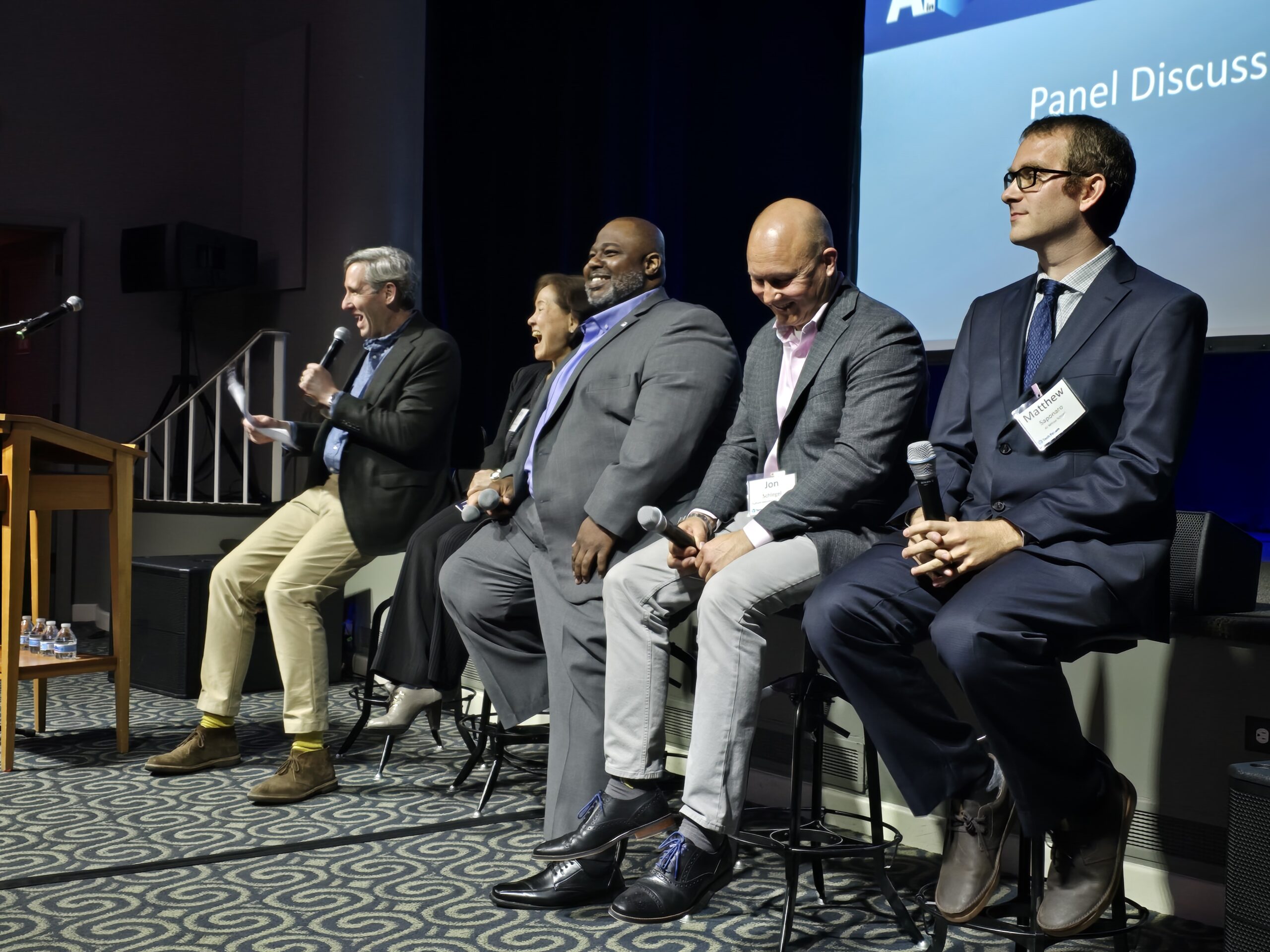
Delaware is embracing artificial intelligence (AI) and integrating it into various sectors, including industry, education, and government. The Tech Forum, a nonprofit association that supports the state's tech community, recently held its second "AI in DE" forum to showcase how AI is being used in real-world scenarios.
The event highlighted the importance of teaching AI to children, with entrepreneurs like Matt Saponaro emphasizing that AI is the next step in the evolution of programming. Additionally, the Delaware government is utilizing AI in cybersecurity to process large sets of data and improve statewide security.
Moreover, AI is seen as a bridge towards future technologies like quantum computing, which is predicted to be in use by 2030. The event also emphasized the role of AI in academia, where it can improve productivity by automating routine tasks and allowing humans to focus on more creative work.
Overall, Delaware is demonstrating how AI can be effectively integrated into various sectors for the benefit of society.

Tech businesses have the potential to maximize their earnings by exploring innovative ideas. In this TechBullion article, readers are introduced to ten tech business ideas that can boost profitability.
The first idea is artificial intelligence (AI) solutions, such as predictive analytics and AI-driven content creation. Blockchain development is another lucrative option, with possibilities like smart contracts and decentralized applications.
Internet of Things (IoT) integration offers opportunities in smart home devices and wearable technology. The growing demand for robust cybersecurity solutions creates a profitable market for businesses that can provide threat detection and response, security audits and compliance, and data encryption services.
Virtual and augmented reality technologies are also gaining popularity and can be utilized for VR training programs and AR marketing campaigns. Other ideas include e-learning platforms, cloud computing services, fintech innovations, health tech solutions, and sustainable tech products.
By embracing these innovative ideas, tech businesses can position themselves for success in a competitive landscape.

The New England Patriots are using virtual reality (VR) to train rookie quarterback Drake Maye, but not everyone is on board with the idea. Mike Felger, co-host of NBC Sports Boston's Boston Sports Tonight, called the use of VR "pathetic" and criticized the analogy between VR training for quarterbacks and flight simulators for pilots.
Felger also speculated if ownership's previous investment in an esports team led to the push for VR training. However, VR has been proven to enhance player development, as fellow rookie quarterback Jayden Daniels used the technology at LSU and won the Heisman Trophy last season.
The Patriots' use of VR could be a creative way to maximize their resources in developing Maye, who was the team's third-string quarterback during OTAs. While VR should not replace real-life reps, it can be a helpful tool for supplementing training.
It'll be interesting to see how Maye responds to the VR training and how it impacts his development as a quarterback.
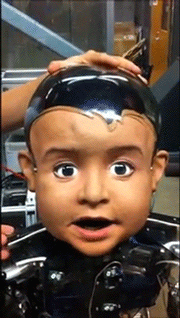

Children have shown a preference for learning from robots rather than adults, according to recent research. The study, which evaluated 118 children aged 3 to 6, found that kids were more inclined to trust machines over humans.
The children were shown videos of humans and robots labeling objects, and even when the robots made mistakes, the children still preferred them to reliable adults. The study also found that children were more forgiving of robot mistakes, viewing them as accidental, while perceiving human mistakes as intentional.
Older children, however, were more likely to trust humans when a robot was shown to be unreliable. The researchers hope that their findings will lead to innovation in education, leveraging children's affinity for robots to overcome social deficits associated with other educational technologies.

In a recent incident, Google's newly deployed AI search bot provided users with some questionable advice. As users typed in their queries, they were told to eat rocks and top their pizza with adhesive.
These obviously incorrect answers highlighted the limitations of artificial intelligence and raised concerns about the reliability of AI technologies. Despite this mishap, the robot apocalypse that many have feared is not as imminent as we once thought.
While AI has the potential to revolutionize various industries, it is clear that there are still limits to its capabilities. As we embrace the wave of the future, it is important to recognize that AI is only half right.
We must approach this technology with caution, understanding its limitations and protecting ourselves from misinformation.


Electric motorcycles are gaining popularity in India as they offer a low-cost, emission-free alternative to traditional petrol-powered bikes. The market for e-bikes has seen significant growth, with annual sales reaching 146,000 units in 2019 and accounting for nearly 40% of all-electric vehicles sold in the country that year.
Several factors are driving this adoption, including cost savings, environmental benefits, improving technology, urbanization, and energy security. While established auto companies like Hero Electric and Ampere lead the sales, startups like Ultraviolette Automotive are also making strides in this space.
Ultraviolette's flagship F77 electric motorcycle offers a premium ownership experience with its performance capabilities and innovative features like multiple ride modes and a connected app for ride analytics. Challenges remain, such as inadequate public charging infrastructure, high upfront costs, and limited service and repair networks.
However, electric motorcycles present a tremendous opportunity to reduce emissions and create sustainable mobility solutions tailored to Indian conditions.

Acer has introduced the SpatialLabs Eyes 3D camera, a device that adds a new dimension to meetings and live streams. The compact camera allows users to capture the real world in stereoscopic 3D, making it easier to convey visuals that are difficult to portray on a 2D monitor.
With an 8MP sensor per eye and various controls for video quality, the camera is capable of capturing still 3D images as well as recording and streaming stereoscopic 3D video in real-time. The device is encased in a weather-proof shell and also features a built-in selfie mirror and a touch-sensitive LCD screen.
Users can view the 3D content on Acer's SpatialLabs monitors and laptops, which do not require the use of headsets or glasses. The Acer SpatialLabs Eyes 3D camera will be available in Q3 2024 for $549 in the US.

The 2024 US presidential election is set to be plagued by AI interference and misinformation, warns columnist Josh Tyrangiel in The Washington Post. With the ability to produce billions of pieces of realistic-looking misinformation and political propaganda, AI technology could easily manipulate election outcomes by spreading tailored content to individual target voters.
Recognizing the potential danger, FBI Director Christopher A. Wray has placed at least two election-crime coordinators in each of the Bureau's 56 field offices.
However, Tyrangiel criticizes the lack of action from Congress, which failed to impose any regulations or content verification standards on AI companies. The responsibility for distributing misinformation also falls in the hands of social media companies, who removed malicious content before the 2020 and 2022 elections but stopped collaborating with authorities in July 2023 after a district court ruled their actions unconstitutional.
Tyrangiel urges greater accountability and regulation to prevent the manipulation of elections by AI-driven misinformation.
